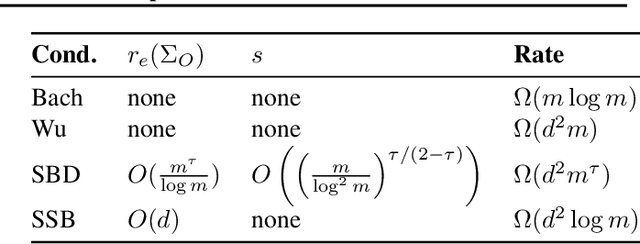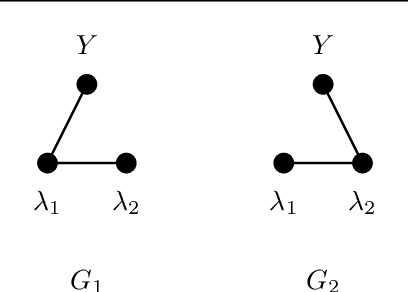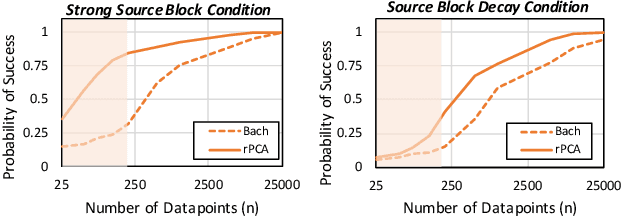Ann He
Learning Dependency Structures for Weak Supervision Models
Mar 14, 2019



Abstract:Labeling training data is a key bottleneck in the modern machine learning pipeline. Recent weak supervision approaches combine labels from multiple noisy sources by estimating their accuracies without access to ground truth labels; however, estimating the dependencies among these sources is a critical challenge. We focus on a robust PCA-based algorithm for learning these dependency structures, establish improved theoretical recovery rates, and outperform existing methods on various real-world tasks. Under certain conditions, we show that the amount of unlabeled data needed can scale sublinearly or even logarithmically with the number of sources $m$, improving over previous efforts that ignore the sparsity pattern in the dependency structure and scale linearly in $m$. We provide an information-theoretic lower bound on the minimum sample complexity of the weak supervision setting. Our method outperforms weak supervision approaches that assume conditionally-independent sources by up to 4.64 F1 points and previous structure learning approaches by up to 4.41 F1 points on real-world relation extraction and image classification tasks.
 Add to Chrome
Add to Chrome Add to Firefox
Add to Firefox Add to Edge
Add to Edge